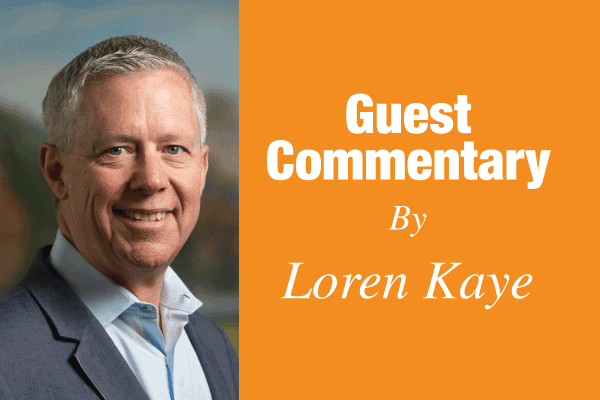
To the delight of the tax and spending lobby, Assemblymember Alex Lee (D-San Jose) has again introduced a tax on wealth. Inspired by government union pressures, similar wealth taxes have been introduced in seven states, and are similar to proposals made by Senator Elizabeth Warren during the 2020 presidential campaign.
Tagged as a job killer by CalChamber, AB 259 (and its companion legislation, ACA 3) would impose a first-ever tax on the worldwide net worth of state residents, initially at a rate of 1.5% on worldwide net worth in excess of $1 billion, and then beginning in 2026 at a rate of 1% on worldwide net worth in excess of $50 million, but rising to 1.5% for the $1 billion bracket.
Highest Marginal Rate
Recall that California already taxes upper income taxpayers with the highest marginal income tax rate of any state: 12.3% on incomes over $677,000 and 13.3% on incomes over $1 million. All real property in the state (above a very small exemption) is taxed an average of 1.2% of assessed value. Together, income taxes and property taxes alone in California raised about $225 billion last year — mostly from upper income Californians and businesses.
According to CalChamber advocate Preston Young, in a letter to Assemblymember Lee, “Not only is this proposed tax audacious in the amount of new revenue to be raised, estimated by some at $21.6 billion a year, it targets individuals who may have only a fleeting connection with the state — reaching across time and space to seize revenues from successful entrepreneurs and business owners.”
Undermines Tax Base
To the surprise of almost nobody, this new frontier in state taxation would undermine California’s tax base. Research from the Hoover Institution finds “significant out-migration effects caused by tax rate increases, refuting the flawed findings of other research, and it also shows that departure rates for top earners are accelerating.”
Hoover researchers have also concluded that this may not be the worst of it: Those who remain in California “will alter their behaviors to avoid shelling out more in taxes than the state already demands from them — in the case of the wealth tax, possibly accumulating less wealth or making fewer risky investments.”
Other researchers have found that high tax states have suffered a decade-long erosion of population and tax base. In the past 10 years, six of the seven high-tax states have had a net loss of population to other states, totaling nearly five million residents, and have lost almost a quarter-trillion dollars in cumulative taxable income.
Entrepreneurs/Investors
There’s another term for “wealthy” Californians: entrepreneurs and investors who believe in the economic promise of the state. These are the individuals who play a central role in driving California’s budget growth and providing the shock- absorbing revenue surpluses that the state will use to offset today’s revenue shortfalls. Legislation designed to seize their wealth breaks that economic promise.
Loren Kaye is president of the California Foundation for Commerce and Education, a think-tank affiliated with the California Chamber of Commerce.

